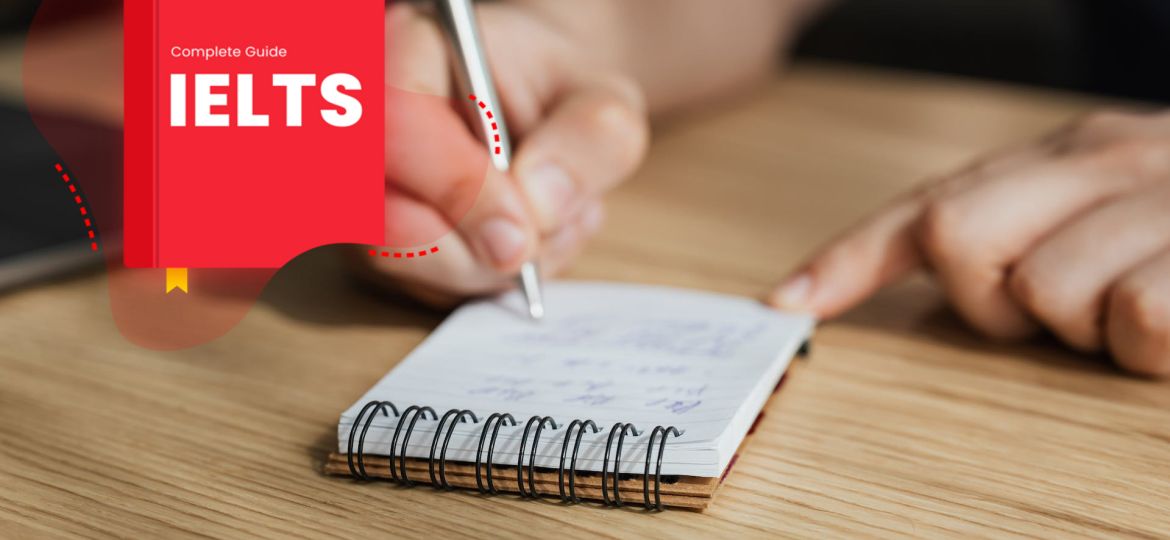
The International English Language Testing System (IELTS) is a crucial stepping stone for individuals looking to pursue education, work, or immigration opportunities in English-speaking countries. Securing a good score in the IELTS exam is essential for success in these endeavors. In this blog post, we will explore effective strategies and tips to help you ace the IELTS and achieve the score you desire.
- Understand the IELTS Format: The first step towards success is understanding the format of the IELTS exam. There are two versions of the test – Academic and General Training. Familiarize yourself with the structure of each section, including Listening, Reading, Writing, and Speaking. Knowing what to expect will enable you to plan your preparation more effectively.
- Develop Strong Time Management Skills: Time is of the essence in the IELTS exam. Practice managing your time efficiently during each section to ensure you can complete all tasks within the allocated time. Regularly take practice tests under exam conditions to improve your time management skills and build confidence.
- Enhance Your Listening Skills: The Listening section of the IELTS test assesses your ability to understand spoken English in various contexts. Practice listening to a wide range of accents and pay attention to details. Utilize online resources, such as podcasts, TED Talks, and audiobooks, to improve your listening comprehension.
- Sharpen Your Reading Skills: The Reading section evaluates your ability to comprehend written English. Develop your skimming and scanning techniques to quickly identify key information. Practice reading different types of texts, such as articles, essays, and reports, to improve your reading speed and comprehension.
- Hone Your Writing Skills: In the Writing section, you will be required to express your thoughts clearly and coherently. Practice writing essays, reports, and letters on various topics. Pay attention to grammar, vocabulary, and overall structure. Seek feedback from teachers or language exchange partners to refine your writing skills.
- Excel in Speaking: The Speaking section assesses your ability to communicate effectively in English. Practice speaking regularly, either with a language partner, teacher, or through language exchange platforms. Focus on articulation, pronunciation, and the ability to express your ideas clearly. Familiarize yourself with common topics and practice delivering responses within the given time frame.
- Vocabulary and Grammar: Expand your vocabulary by reading extensively and incorporating new words into your daily conversations and writing. Additionally, ensure a strong grasp of English grammar rules. Regularly review common grammatical structures and practice applying them in different contexts.
- Take Mock Tests: Simulate exam conditions by taking regular mock tests. This will help you identify areas of improvement, refine your test-taking strategies, and build your confidence. Analyze your performance, learn from mistakes, and adjust your study plan accordingly.
Conclusion: Achieving a good score in the IELTS exam requires a combination of diligent preparation, effective time management, and continuous practice. By following these strategies and staying committed to your preparation, you can increase your chances of success and open doors to exciting opportunities in English-speaking countries. Good luck on your IELTS journey!

